188: Safe Pest Management: Wolff Vineyards | Marketing Tip Monday
The proportion of regular wine drinkers willing to pay more for sustainable wine has significantly increased in the past two years (IWSR, 2022). Your customers will only know that your wine was made sustainably if you tell them!
Welcome to Marketing Tip Monday with SIP Certified. We know customers are looking for wines labeled as sustainable. While our longer-form episodes help you learn about the latest science and research for the wine industry, these twice-monthly micro podcasts will help you share your dedication to sustainable winegrowing so you can show your customers that you share their values.
Using storytelling to share with your customers the specific things your brand does that are sustainable and why they are important (i.e. telling your Sustainable Story) helps make it clear that yours is a business that truly walks the walk when it comes to caring for the people and the planet. It builds an emotional connection and fills gaps in consumer knowledge of sustainability.
Plant and animal pests are a common issue for all winegrowers. Read on to learn how in an effort to conserve water and promote plant health, Jean-Pierre Wolff of Wolff Vineyards discovered a unique pest mitigation strategy!
Safe Pest Management at Wolff Vineyards
In 2017, Jean-Pierre Wolff decided that rather than replanting his vines on the same rootstocks, he would convert to drought-resistant rootstocks and plant them three feet into the ground.
Deriving inspiration from an African palm farming technique, Jean-Pierre uses PVC pipes to deliver water and nutrients directly to the root zone. There is no wait time for the nutrients to be pushed to the roots, and no water is wasted through parts of the soil that contain no roots.
Along with the tremendous water savings resulting from his deeply planted vines and subsurface irrigation technology, Wolff has discovered an “indirectly obvious” benefit - fewer weeds!
Since water and fertilizer are applied through PVC pipes that lead directly to the root systems 3-feet underground, native and noxious weeds with shallow roots can’t access these resources, and therefore can’t thrive.
Vertebrate pests have also had little success in establishing themselves in these areas since they don’t typically dig to the depths at which the roots lie.
Does Your Team Know Your Sustainable Story?
Need an easy way to help your team talk about your sustainable practices?
Download the brand-new Sustainable Story worksheet. This simple yet powerful free tool helps you tell your own personal sustainable message. Simply download the worksheet linked in the show notes, complete it with your whole team, and keep following along with this podcast series to learn how to incorporate your story into every aspect of your marketing and sales.
Plus, we are inspiring you by sharing what like-minded brands are doing to care for the people and the planet.
Worksheet for Print | Worksheet for Electronic Filling
P.S. We have a brand-new online course coming soon! In just a few weeks, you and your staff will have access to a free 30-minute Sustainable Story training that will teach you how to explain sustainability, coach you through writing your own Sustainable Story, and show you how talking about your good work can help sell more wine. Stay tuned.
Check out the show notes to download and complete your own Sustainable Story worksheet, read an example from Niner Wine Estates, to see the consumer segment infographic, and to sign up for our biweekly Marketing Tips newsletter.
Until next time, this is Sustainable Winegrowing with the Vineyard Team.

